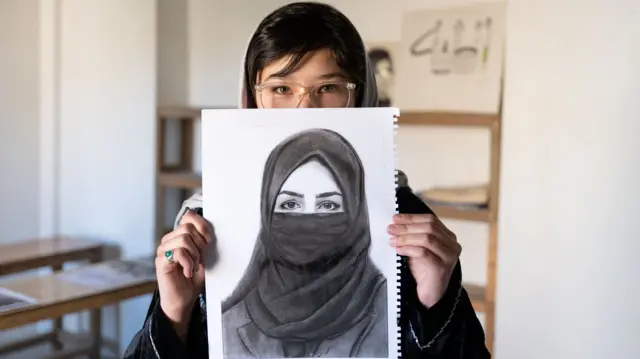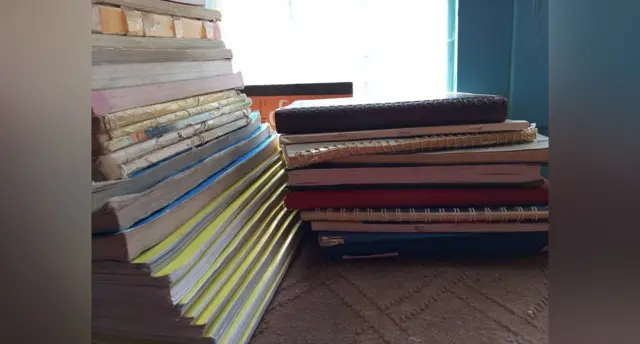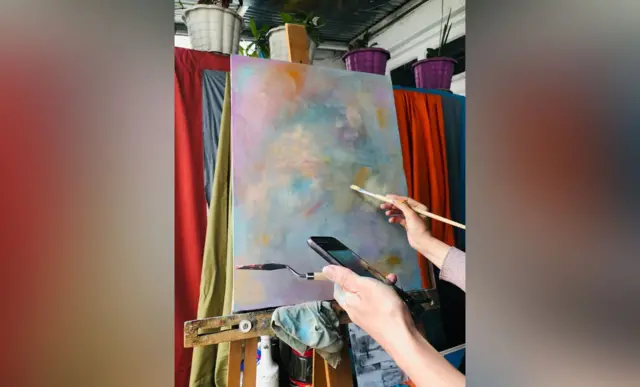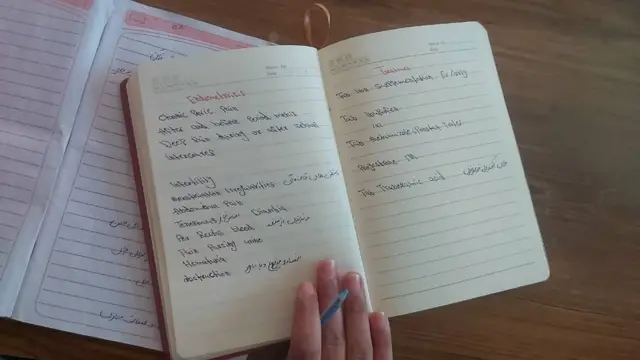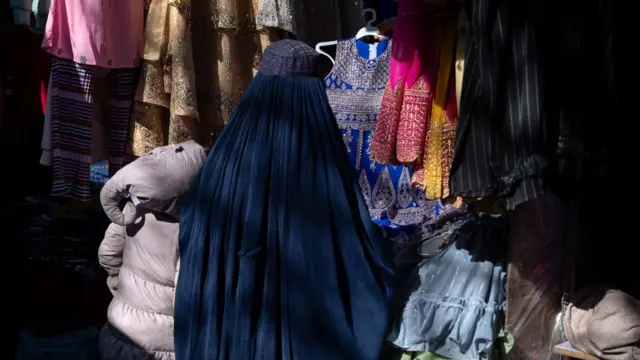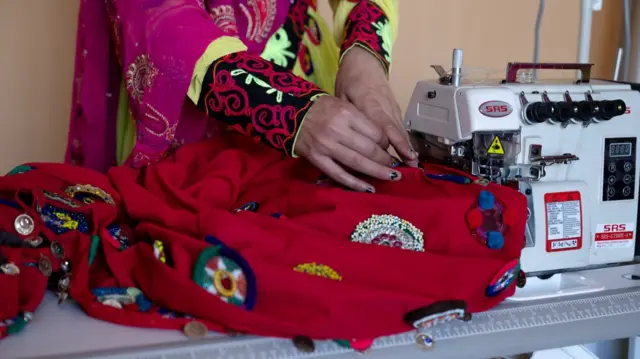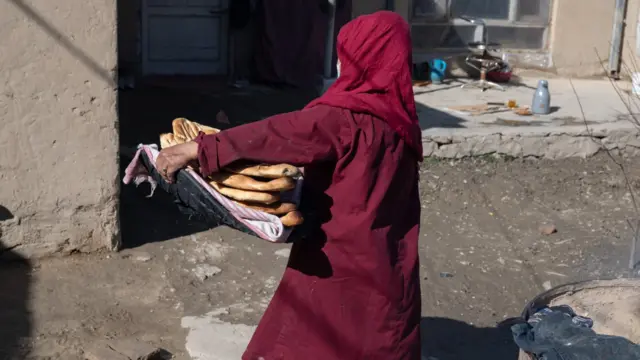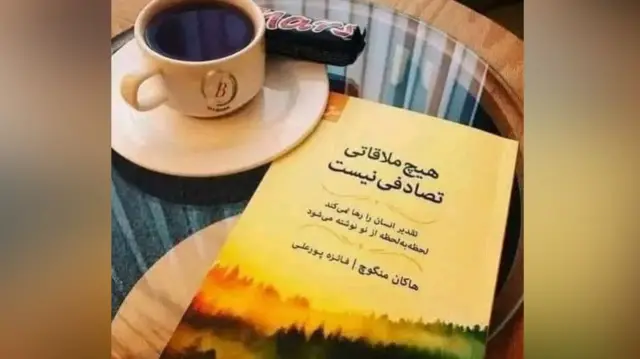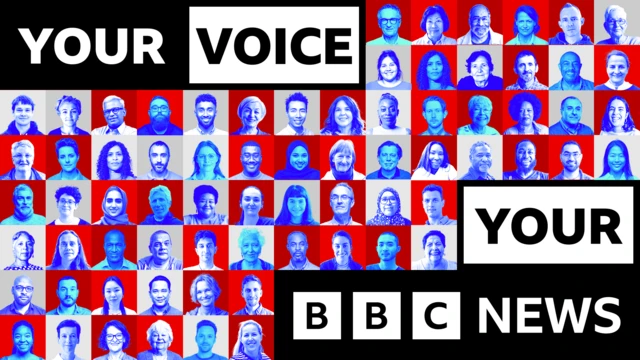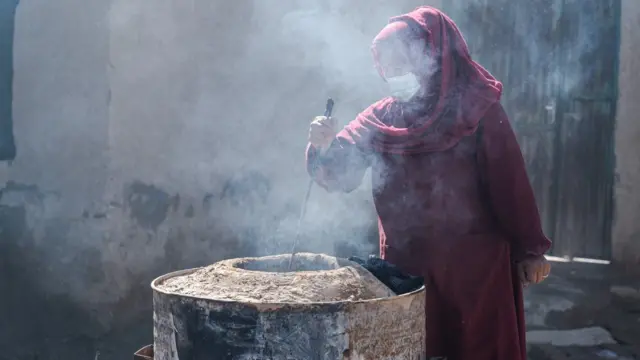Rasuli: Under the Taliban, I spend more time teaching Islamic subjectspublished at 10:37 GMT 7 March
Rasuli, 49, is the head of a madrassa (religious school) which teaches 700 girls. Today is not a working day, so she tells us she will spend it with her family.
Greetings and good morning to you. I hope your prayers and worship are accepted by the Almighty and will continue to be. Today is my day off, and I am taking care of household matters. First, I need to organise my home after a busy work week.
Then, I will recite one part of the Quran, and we will spend time together as a family with happiness, joy, and energy. In the afternoon, we will go out for some fun for a picnic as a family. I hope all of you have a wonderful day like this as well.
She told us a little earlier about her work at the school - she says that under the Taliban, more time is spent on religious subjects:
I have been in this job for more than eight years now. We are all women working here, with only one man working in our school – he is our guard.
This Islamic school has existed for a long time, even before the Taliban came to power. Our students are studying the same subjects we used to teach them during the Republic government.
The only change we have seen in this school since the Taliban came to power is that, during the Republic government, we used to teach modern subjects [maths and science] for longer hours. But now, it has been reduced to a minimum, only once a week. We now teach modern subjects for only one hour a week, while spending more time teaching our students Islamic subjects.
